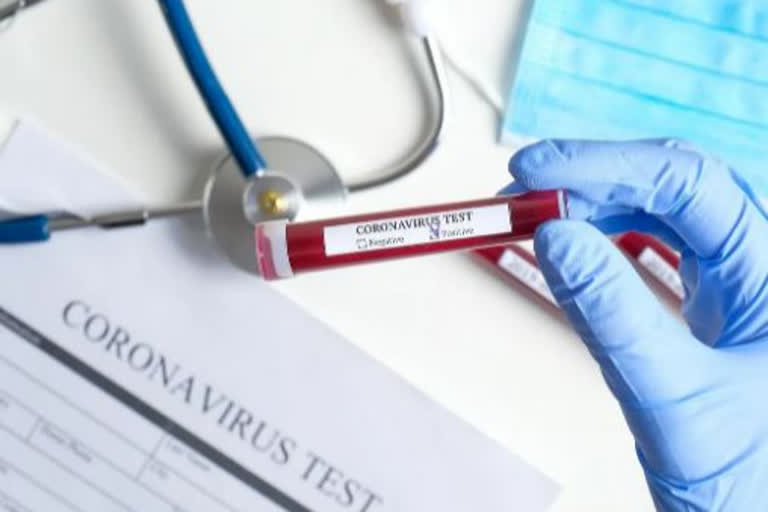Hyderabad: At a time when the world is grappling with the coronavirus crisis, Researchers from New York-based Mount Sinai Health System have combined artificial intelligence, imaging and clinical data to rapidly detect COVID-19 in patients.
The algorithm can detect a COVID-19 case based on how lung disease looks in CT scans of a patient’s chest and data on the patient’s symptoms, age, bloodwork and possible contact with the virus. The team created the algorithm using CT scan data from coronavirus patients in Chinese medical centres.
It was found to be just as accurate as experienced radiologists and sometimes better in cases with no clear sign of lung disease in CT scans.
In a study published this week in Nature Medicine, researchers used AI algorithms in conjunction with chest CT scans and patient history to quickly diagnose patients who were positive for COVID-19 and improve the detection of patients who presented with normal CT scans.
Read:FDA probes accuracy issue with Abbott's rapid virus test
Dr Zahi Fayad, director of the BioMedical Engineering and Imaging Institute at the Icahn School of Medicine at Mount Sinai, said in a statement that AI has huge potential for analyzing large amounts of data quickly, an attribute that can have a big impact in a situation such as a pandemic.
"At Mount Sinai, we recognized this early and were able to mobilize the expertise of our faculty and our international collaborations to work on implementing a novel AI model using CT data from coronavirus patients in Chinese medical centres. We were able to show that the AI model was as accurate as an experienced radiologist in diagnosing the disease, and even better in some cases where there was no clear sign of lung disease on CT," said Fayad.
To develop the algorithm, the team used scans from 900 patients. These patients were admitted to 18 medical centres in 13 Chinese provinces between January 7 and March 3, 2020.
